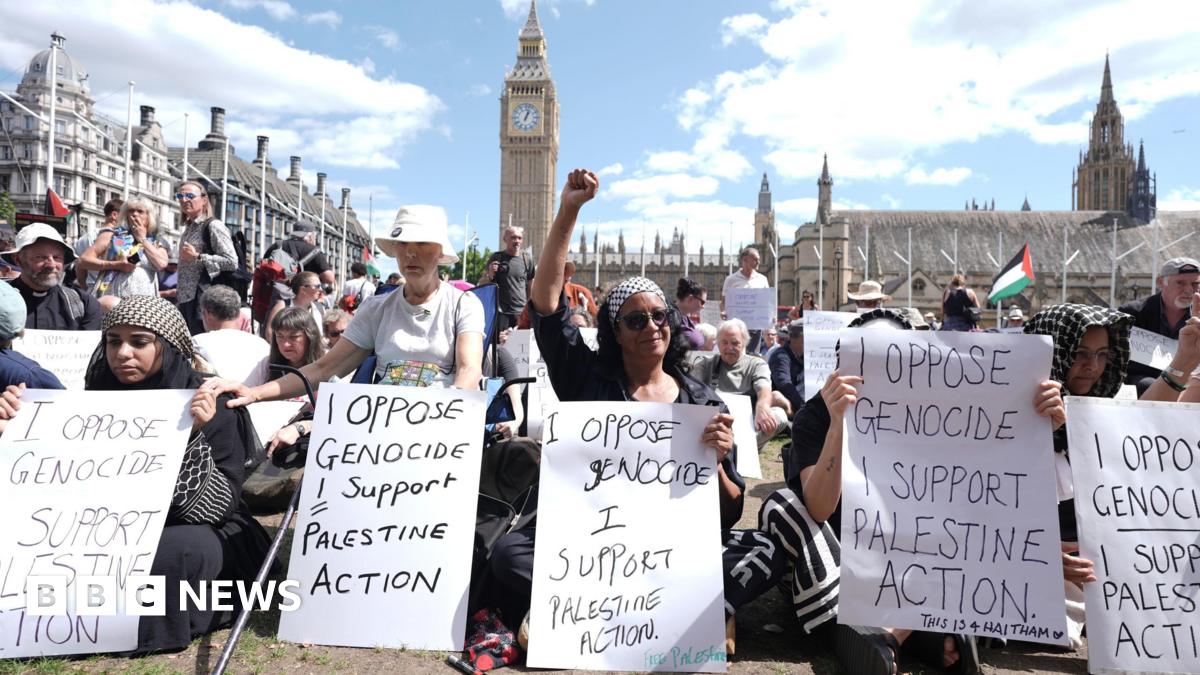Washington D.C. Residents Divided: Relief and Reservations as National Guard Deployed Amid Rising Crime

Washington, D.C. is bracing for a significant increase in national guard presence following a recent decision to federalize local police and deploy additional troops. While some residents express concerns about what they perceive as an overreach of presidential power, a growing number acknowledge the urgent need to address the city's escalating crime rates. This complex situation has sparked a debate about the balance between federal intervention and local autonomy, all while residents grapple with the reality of increased safety measures.
The deployment, initiated on Monday, has drawn criticism from some D.C. residents who view it as an infringement on the city's self-governance. Many argue that the move undermines the authority of the local government and sets a concerning precedent for federal intervention in urban affairs. Concerns about civil liberties and the potential for an overly militarized presence are also being voiced.
However, a significant portion of the population admits that crime has become a serious problem in recent months. Reports of carjackings, robberies, and violent incidents have increased, leaving many residents feeling unsafe and demanding action. The decision to deploy national guard troops is seen by some as a necessary, albeit temporary, measure to restore order and reassure the public.
“It’s a complicated situation,” said one resident interviewed near the National Mall. “We value our local control, but we can’t deny that things have gotten out of hand. We need to feel safe in our own city.”
The federalization of the police force and the deployment of troops represent an unprecedented response to a local crime wave. While the long-term consequences remain to be seen, the immediate impact is a visible increase in security presence throughout the city. Law enforcement officials state that the goal is to support local police efforts, deter criminal activity, and provide a sense of security for residents and visitors alike.
The situation highlights the ongoing tensions between federal and local authority, particularly in times of crisis. It also underscores the challenges faced by urban areas struggling with rising crime rates and the difficult choices policymakers must make to address these issues. As the national guard prepares to flood the streets, Washington, D.C. finds itself at a crossroads, balancing the desire for local autonomy with the need for public safety.
The debate is likely to continue as residents, lawmakers, and federal officials grapple with the complexities of crime prevention and the appropriate role of government intervention. One thing is certain: the deployment of national guard troops has brought the issue of crime in Washington, D.C. to the forefront of national attention, and the coming weeks will be critical in shaping the city's future.






